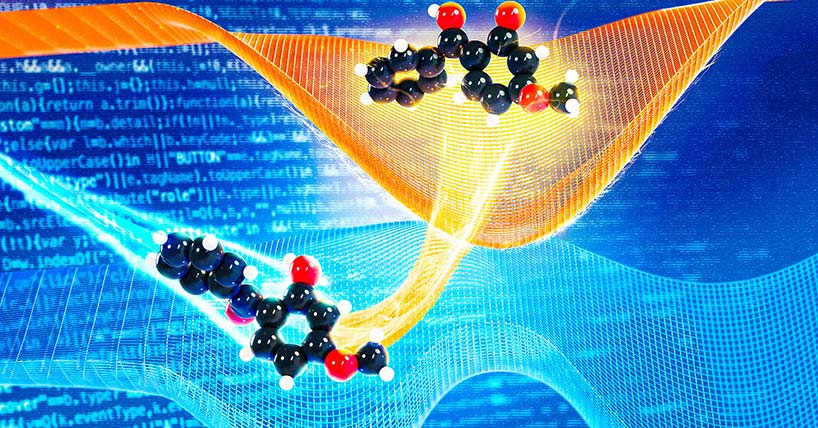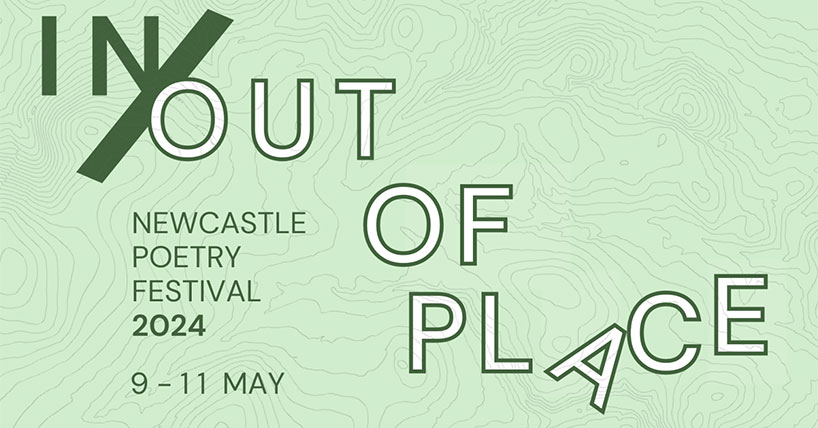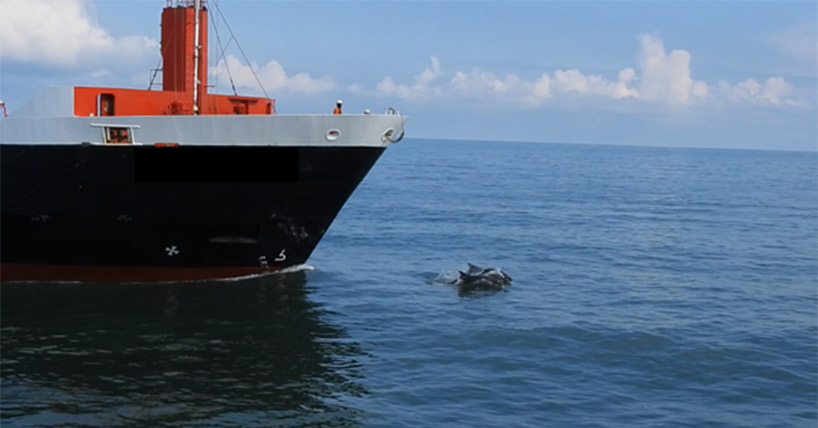universal software for quantum dynamics
Creating a universal software for quantum dynamics
Published on: 26 October 2023
New funding will support the development of a universal quantum dynamics software to help advance quantum research and technology.
For the first time, scientists researching quantum dynamics simulations will be able to develop, deploy and disseminate a common software framework, removing many barriers that exist to achieving a deeper understanding and exploiting new phenomena across the quantum domain.
Scientists use powerful sources of light to illuminate the fine details of tiny particles that represent the building blocks of matter. These experiments can be used to answer important questions about how these particles behave and can be used to improve core processes in chemistry, materials science, and new quantum technologies.
To understand the results of their experiments, computer simulation called quantum dynamics (QD) are crucial. The computer-generated virtual model shows how these tiny particles move according to the rules of quantum physics. With QD, researchers can predict and understand what's happening during experiments.
This is a new field of research, and most research groups use their own custom-made software for their studies. This lack of unification and integration makes it difficult to use ideas from one group to improve the methods of another group.
An era of quantum technology
Newcastle University’s Professor Tom Penfold is part of the new international project titled COSMOS, funded by the Engineering and Physical Sciences Research Council (ESPRC) and led by Professor Graham Worth (UCL Chemistry) will develop a new unified code for quantum dynamics suitable for use by both computational and experimental researchers.
Professor Penfold, Professor in Computational Chemistry at the School of Natural and Environmental Sciences, said: “We are moving into an era of quantum technology, however research in this field is held back due to a lack of accessible software. This grant will equip the scientific community with new methods and software to predict, control, and design new quantum technologies and quantum materials.”
The new universal software will enable a wider group of scientists worldwide to use computer simulations to explore the quantum world more efficiently and will aid researchers in across a large range of research fields to understand state-of-the art experiments and design new molecules and materials, exploiting quantum effects.
Professor Worth said: “I am very excited to be heading this international team. The project will be a big challenge and I am looking forward to seeing how we can combine our knowledge and ideas to provide a step-change in the way we can describe, visualise and exploit quantum processes.”
Furthermore, by supporting a large yet integrated cohort of early-career researchers, this programme grant will strengthen expertise in QD, positioning the UK as a global leader in this domain as we move from the era of classical computation and simulation into the quantum era of the coming decades.
Other Principal Investigators on the project are Professor Basile Curchod (University of Bristol), Professor Adam Kirrander (University of Oxford), Professor Scott Habershon (University of Warwick), and Professor Dmitry Shalashilin (University of Leeds).
Adapted with thanks from UCL.



.jpg)
